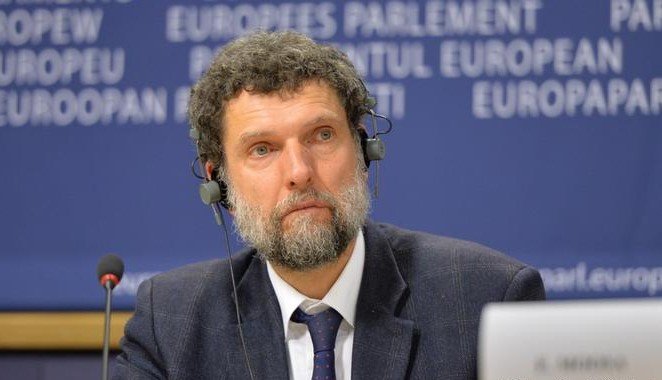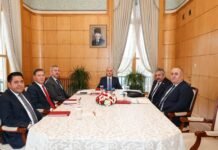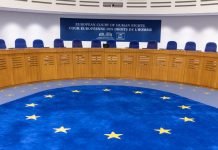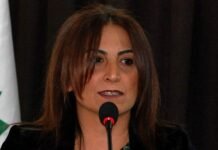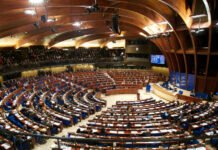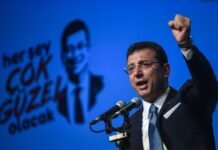The co-rapporteurs for the monitoring of Turkey by the Parliamentary Assembly of the Council of Europe (PACE) have called on Turkey to implement European Court of Human Rights (ECtHR) rulings for the release of jailed businessman and philanthropist Osman Kavala.
Co-rapporteurs John Howell (United Kingdom) and Boriss Cilevičs (Latvia) visited Kavala, who has been behind bars since October 2017, on January 13.
“We hope that the resolution of Mr Kavala’s case and his release will also pave the way for a legal solution to the cases of his co-defendants, but also to many other cases where rights violations have been found,” Howell and Cilevičs said.
A request to visit Kavala had previously been denied by the Turkish Justice Ministry in May.
An İstanbul court on April 25 sentenced Kavala to aggravated life and his co-defendants to 18 years each on charges of financing the anti-government Gezi Park protests, sparking criticism from the international community.
A Turkish appellate court in December upheld his conviction, ruling that the April verdict “complied with the law.”
Turkey refused to release Kavala despite a 2019 ECtHR ruling that found his detention was in pursuance of an “ulterior motive,” that of silencing him as a human rights defender. The non-implementation of the ruling prompted the Council of Europe’s (CoE) Committee of Ministers to launch an infringement procedure against Turkey in February.
In July the ECtHR said Turkey had failed to comply with a binding judgment of the court issued in December 2019 which found that Kavala’s detention violated his fundamental rights. The judgment came in response to a question by the Committee of Ministers as to whether Turkey had complied with the court’s ruling
Kavala was acquitted in February 2020 of charges of attempting to overthrow the government through involvement in the 2013 Gezi Park protests.
Kavala was rearrested the day of his release on charges related to a 2016 abortive putsch in Turkey in a move described by his lawyers as a tactic to circumvent the court’s 2019 ruling to free him.
In November Kavala said in a written interview he gave through his lawyers to the pro-opposition Halk TV that his detention was unlawful and that the Turkish government was keeping him in prison to lend credibility to the Gezi Park case

